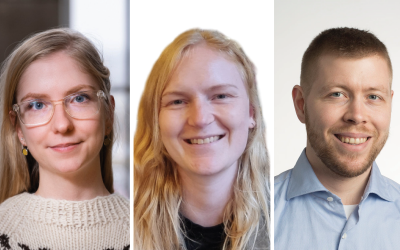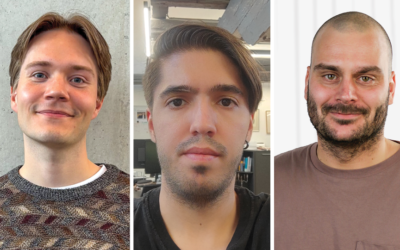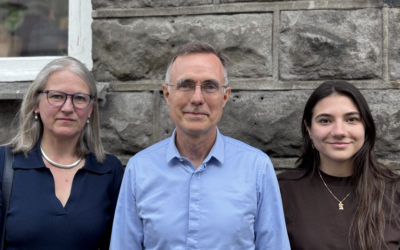Welcome The Centre for Language Technology at the University of the Faroe Islands and ScaDS.AI.
The Centre for Language Technology at the University of the Faroe Islands
The Centre for Language Technology is a newly established centre within The Faculty of Faroese Language and Literature at the University of the Faroe Islands. The Centre currently employs one researcher and one project assistant, in addition to an affiliated assistant professor and PhD scholar. They are currently the only institution in the Faroe Islands working with language technology and NLP.
The Centre oversees and manages a language technology infrastructure with data and resources (see https://mtd.setur.fo/). The resources are continuously updated and maintained, ensuring accessibility for various language technology purposes. The purpose of this is to support and serve as a hub for the development of language technology for Faroese.
At the Centre, they investigate which methods and approaches yield the best results and adapt them to Faroese conditions. They work on developing some small language technology tools that can assist language users. The Centre for Language Technology also collaborates with institutions and companies in the Faroe Islands and abroad, and all activities within the Centre are based on a vision of openness in data, resources, and research. One of the ongoing projects at The Centre is a large-scale collection and processing a of Faroese text data. This is part of a NordPlus funded project that takes inspiration from the Icelandic Gigaword Corpus, hence the name “Faroese MegaWord Corpus”.
ScaDS.AI (Center for Scalable Data Analytics and Artificial Intelligence)
ScaDS.AI (Center for Scalable Data Analytics and Artificial Intelligence) Dresden/Leipzig is a center for Data Science, Artificial Intelligence and Big Data with locations in Dresden and Leipzig. It is one of the five new AI centers in Germany funded under the federal government’s AI strategy by the Federal Ministry of Education and Research and the Free State of Saxony.
The AI center expands the Big Data competence center ScaDS Dresden/Leipzig, founded in 2014, and combines the AI and data science expertise of the partner institutions to close the gap between the efficient use of mass data, knowledge management and advanced AI. For this reason, the center conducts interdisciplinary research with an international team of over 60 Principal Investigators, more than 180 employees and 6 junior research groups in Dresden and Leipzig.
With the institutional funding of around 20 million euros per year, up to 12 new AI professorships in the near future will be filled at the partner universities in order to advance the penetration and usability of AI, the understanding of its methods and trust in its results. The holistic research program integrates applied and methods related topics in the major directions:
- Applied AI and Big Data
- AI Algorithms and Methods
- Big Data Analytics and Engineering
as well as the two cross-cutting topics
- Responsible AI
- Architectures / Scalability / Security
Contributions by ScaDS.AI Dresden/Leipzig
In ScaDS.AI one research direction investigates possibilities to combine LLMs with information structures to improve both, the expressive power of pure deep learning based approaches, and a mechanism to improve interpretability of generated output.
Another research directions focuses on the efficiency improvements in large scale trainings of ML application on high performance computing (HPC) architectures. Especially the parallel efficiency of large training jobs are in the focus to improve the energy footprint of the training of LLMs. Here we can bring in our long experience in the optimization of highly parallel HPC codes and our contributions in research to advance performance investigation and optimization tools.
Further research directions concentrate on other dedicated architectures for AI use cases, such as inference tasks or alternative low-power AI systems, such as the currently assembled AI cluster based on the SpiNNaker-Chip, originally designed within the human brain project and now basis the SpiNNcloud system.



